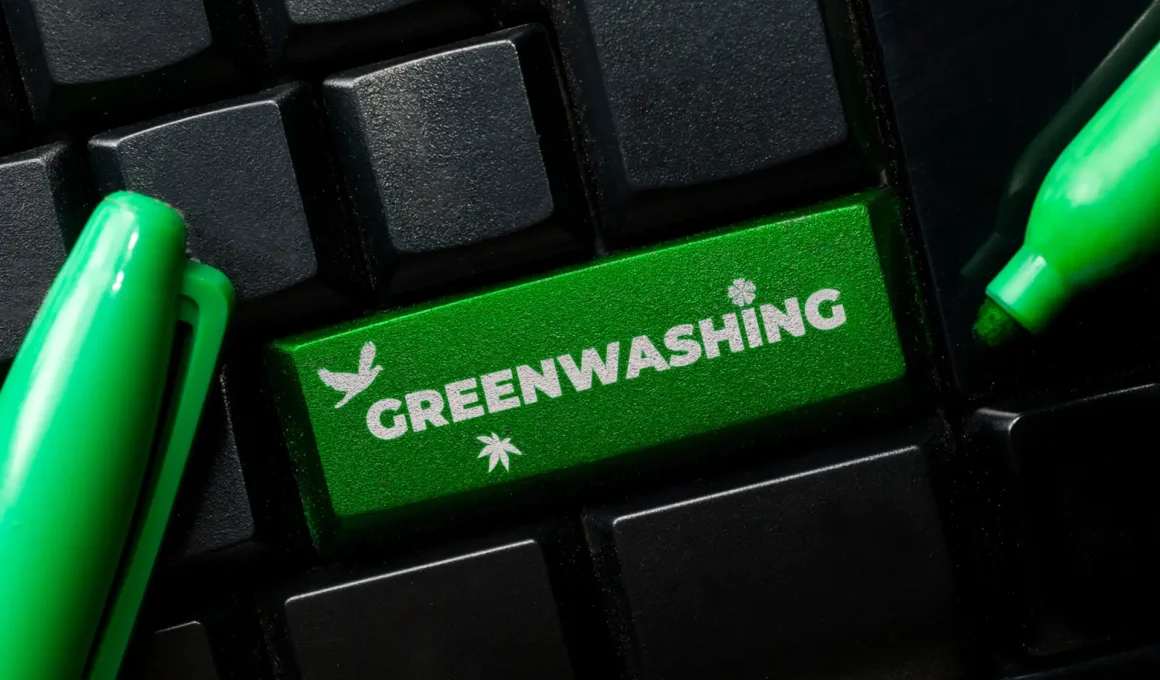On June 4, 2024, the three European supervisory authorities for financial markets, banking and insurance (EBA, ESMA and EIOPA – the ESAs) published their respective Final Reports containing guidance on strengthening supervision and recommendations for improving market practices with regard to misleading sustainability claims (so-called greenwashing). In a previous post regarding the ESAs Progress Reports, we have analysed the broader context, EU jurisdiction and role of the supervisory authorities regarding greenwashing. This post will focus only on key elements of the three Final Reports.
In their respective reports, the ESAs reiterate the common understanding of greenwashing as the practice where sustainability-related statements, actions or communications do not clearly and fairly reflect the underlying sustainability profile of an entity, product or financial service. In fact, this practice can be misleading to consumers, investors or other market participants.
The ESAs emphasise once again that financial market participants have a responsibility to provide sustainability disclosures that are fair, clear and not misleading. Each of the three ESAs therefore provides its own review of the supervisory work carried out on greenwashing risks and reiterates the need to take the necessary measures today and to gradually strengthen supervision in the near future.
1. EBA Final Report
The European Banking Authority (EBA) Final Report[1] provides an overview of the risk of greenwashing in the banking sector and its impact on banks, investment firms and payment service providers, with a focus on the changes that have taken place over the past year. It also provides recommendations to institutions, supervisors and policymakers. The results of the quantitative analysis of greenwashing show a clear increase in this trend in all sectors, including in EU banks.
The Final Report analyses actual and potential cases of greenwashing reported by the relevant authorities and provides updates on the negative impact greenwashing can have on institutions and consumers.
Reputational and operational risks continue to be considered the most affected by greenwashing: this is in line with the observation that litigation risk from greenwashing has been on an upward trend in recent years.
As institutions are expanding their offerings of sustainable finance products and adapting their business models to meet the challenges associated with the transition to a more sustainable economy, tackling greenwashing is crucial to give confidence to the market and maintain the trust of investors and consumers.
At the legislative and regulatory level, EBA believes that the existing framework already provides the fundamental basis for addressing greenwashing in the banking sector. Therefore, in the short term, priority should be given to finalising existing and planned initiatives and supporting a robust implementation of the full set of new regulations; efforts should continue to address data challenges, usability, consistency and international interoperability.
EBA recommends (i) to institutions, to take a number of measures, both at entity and product level, to ensure that sustainability statements are accurate, substantiated, up-to-date, fairly represent the institution’s overall profile or product profile, and are presented in a comprehensible manner. EBA also suggests (ii) to competent authorities, to continue their planned and ongoing efforts and activities to identify and monitor the risk of greenwashing within their respective prudential and/or conduct supervisory mandates.
2. ESMA Final Report
In its Final Report[2], the European Securities and Markets Authority (ESMA) shows the steps taken to better monitor and detect greenwashing and to critically examine sustainability claims in various sectors. Several joint supervisory actions have already been initiated to ensure effective and consistent supervision.
Building on the progress already made and with the aim of gradually enabling supervisors to reach their full potential in this area, ESMA indicates priority actions to enable supervisors to better mitigate greenwashing risks. National supervisors should gradually deepen their critical scrutiny of sustainability claims: to this end, they are invited to continue to increase human resources and expertise, to invest in supervisory tools such as SupTech solutions, and to further integrate greenwashing risks into their supervisory work programmes.
ESMA will continue to support the monitoring of greenwashing risks, the use of SupTech tools and capacity building, urging joint supervisory actions where necessary; ESMA may produce further guidance for market participants and supervisors in areas of high greenwashing risk.
Finally, the European Commission is invited to strengthen the mandates of National Competent Authorities (NCAs) and ESMA in certain areas, such as benchmarks, and to ensure that all NCAs are empowered to promote financial education of retail investors. Where possible, the Commission should ensure that the legislative framework also supports NCAs’ access to data.
3. EIOPA Final Report
The EIOPA Final Report[3] found that as demand for sustainability increases, insurance and pension service providers are increasingly adopting environmentally friendly business models and offering consumers more sustainable options. While this shift can be a positive step towards a zero-carbon economy, it also carries the risk of greenwashing – when financial service providers present themselves and/or their products as more sustainable than they actually are.
Complementing the final report, EIOPA has also published an opinion on sustainability claims and greenwashing[4], which sets out four key principles that NCAs should consider when verifying companies’ sustainability claims:
- Principle I: Sustainability statements made by a supplier must be accurate and precise and must fairly represent the profile of the supplier and/or the profile of its products.
- Principle II: Sustainability statements must be substantiated with clear arguments, facts and processes.
- Principle III: Sustainability statements and their justifications must be accessible to relevant stakeholders.
- Principle IV: Sustainability statements must be up-to-date and any substantial changes must be communicated promptly and with clear justification.
The Final Report offers practical guidance on the application of these principles, with real-life examples of good and bad practices throughout the insurance and pension lifecycle.
In addition to supervisory challenges, EIOPA also examined the implementation of sustainability requirements: it suggests potential improvements to existing regulation, clarifying which non-life insurance products have sustainability features, and adopting a more consumer-centric approach in the Insurance Distribution Directive (IDD).
References
- European Banking Authority, ‘Greenwashing Monitoring and Supervision’, Final Report, 4 June 2024, https://www.eba.europa.eu/sites/default/files/2024-05/a12e5087-8fd2-451f-8005-6d45dc838ffd/Report%20on%20greenwashing%20monitoring%20and%20supervision.pdf. ↑
- European Securities and Markets Authority, ‘Final Report on Greenwashing’, 4 June 2024, https://www.esma.europa.eu/sites/default/files/2024-06/ESMA36-287652198-2699_Final_Report_on_Greenwashing.pdf. ↑
- European Insurance and Occupational Pensions Authority, ‘Advice to the European Commission on Greenwashing Risks and the Supervision of Sustainable Finance Policies’, Final Report, 4 June 2024, https://www.eiopa.europa.eu/document/download/c5d52866-1c3f-4913-9e20-5a5f40135efa_en?filename=Final%20Report%20-%20EIOPA%20advice%20to%20the%20European%20Commission%20on%20greenwashing.pdf. ↑
- European Insurance and Occupational Pensions Authority, ‘Opinion on Sustainability Claims and Greenwashing in the Insurance and Pensions Sectors’, EIOPA Regular Use, 30 April 2024, https://www.eiopa.europa.eu/document/download/0214c6aa-d3dc-4444-97e3-2088ff995eba_en?filename=Opinion%20on%20sustainability%20claims%20and%20greenwashing%20in%20the%20insurance%20and%20pensions%20sectors_PHI%20signature.pdf. ↑





